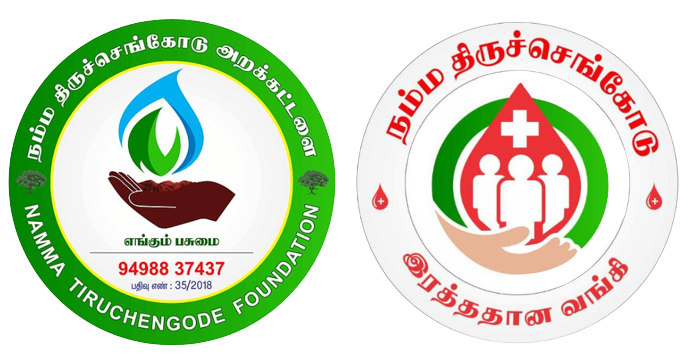F.A.Q
know more about blood donation and know how you can help people.
Blood Donation Process
Most healthy adults between the ages of 18 to 65 (in some regions, the age range may vary) and weighing at least 110 pounds (50 kg) can generally donate blood. Specific eligibility criteria may vary by country or blood bank.
The pain associated with blood donation is usually minimal. You may feel a quick pinch or sting during the needle insertion, but the discomfort is brief. Afterward, you might experience mild soreness at the injection site.
Yes, donating blood is generally safe. Blood donation centers follow strict procedures and guidelines to ensure donor safety. Sterile, one-time-use equipment is used, and trained staff handle the process.
The frequency of blood donation varies by country and blood type. Typically, whole blood donors can donate every 8 to 12 weeks (approximately 56 to 84 days). However, for platelet or plasma donations, you can often donate more frequently.
A whole blood donation usually takes about 10-15 minutes for the actual blood draw. The entire process, including registration, a brief health check, and refreshments, may take around 30 to 60 minutes.

